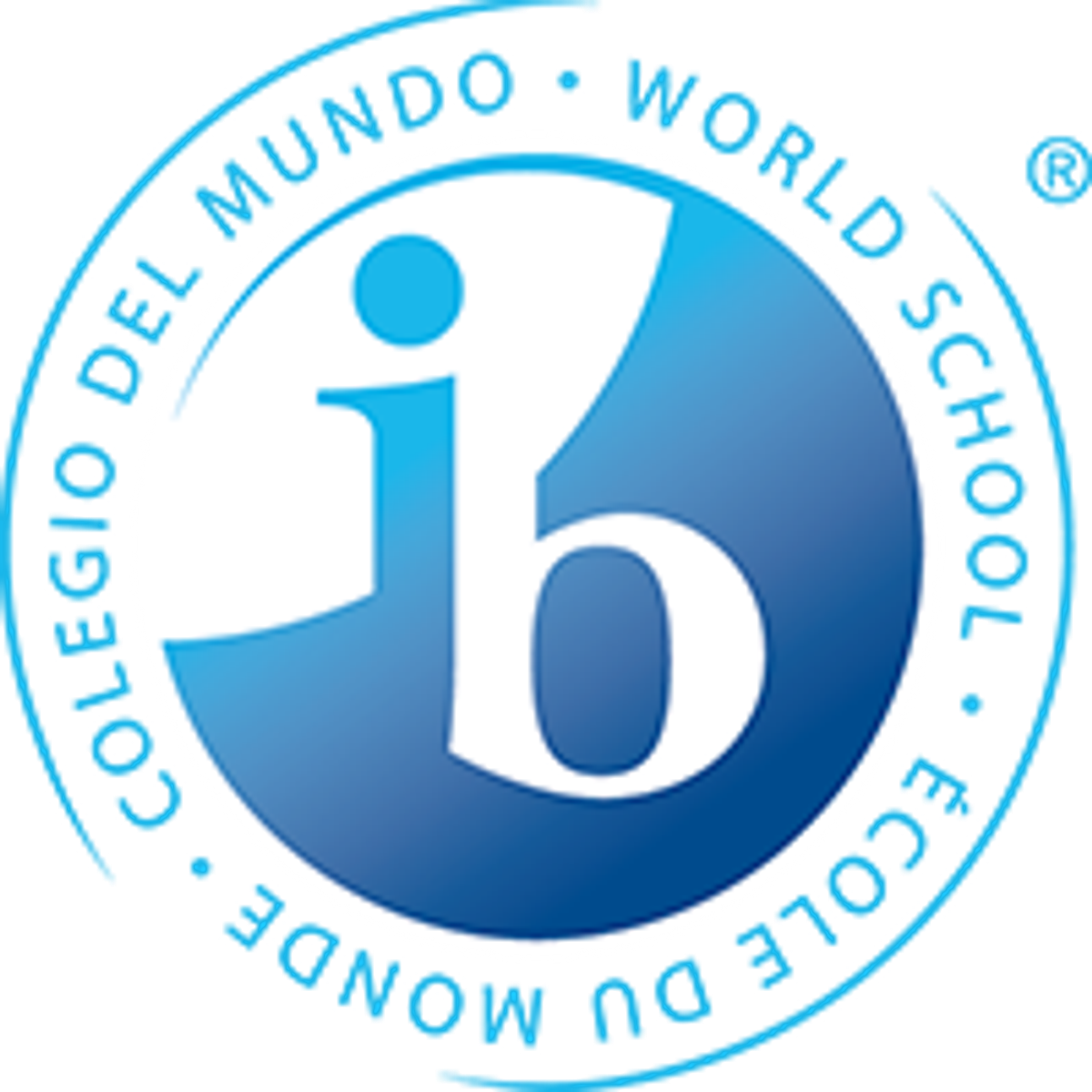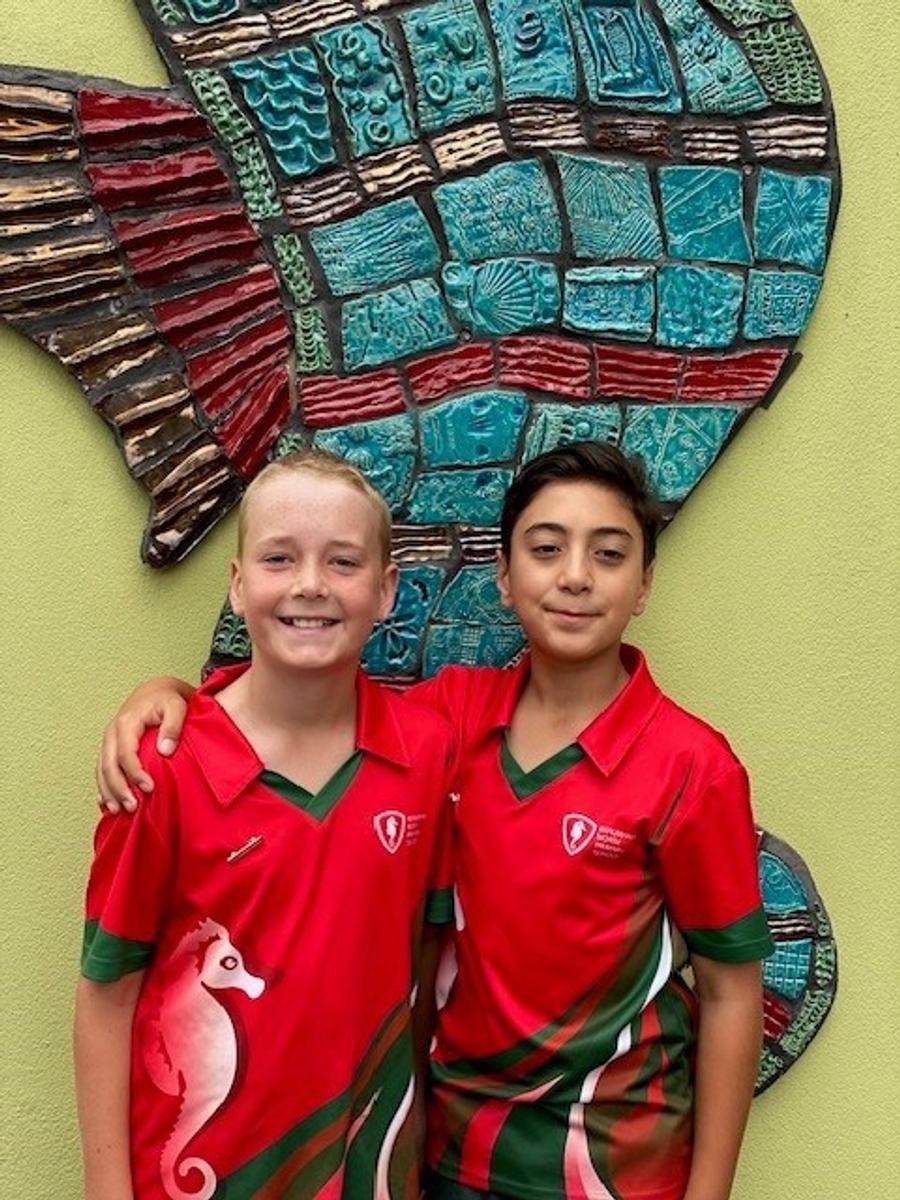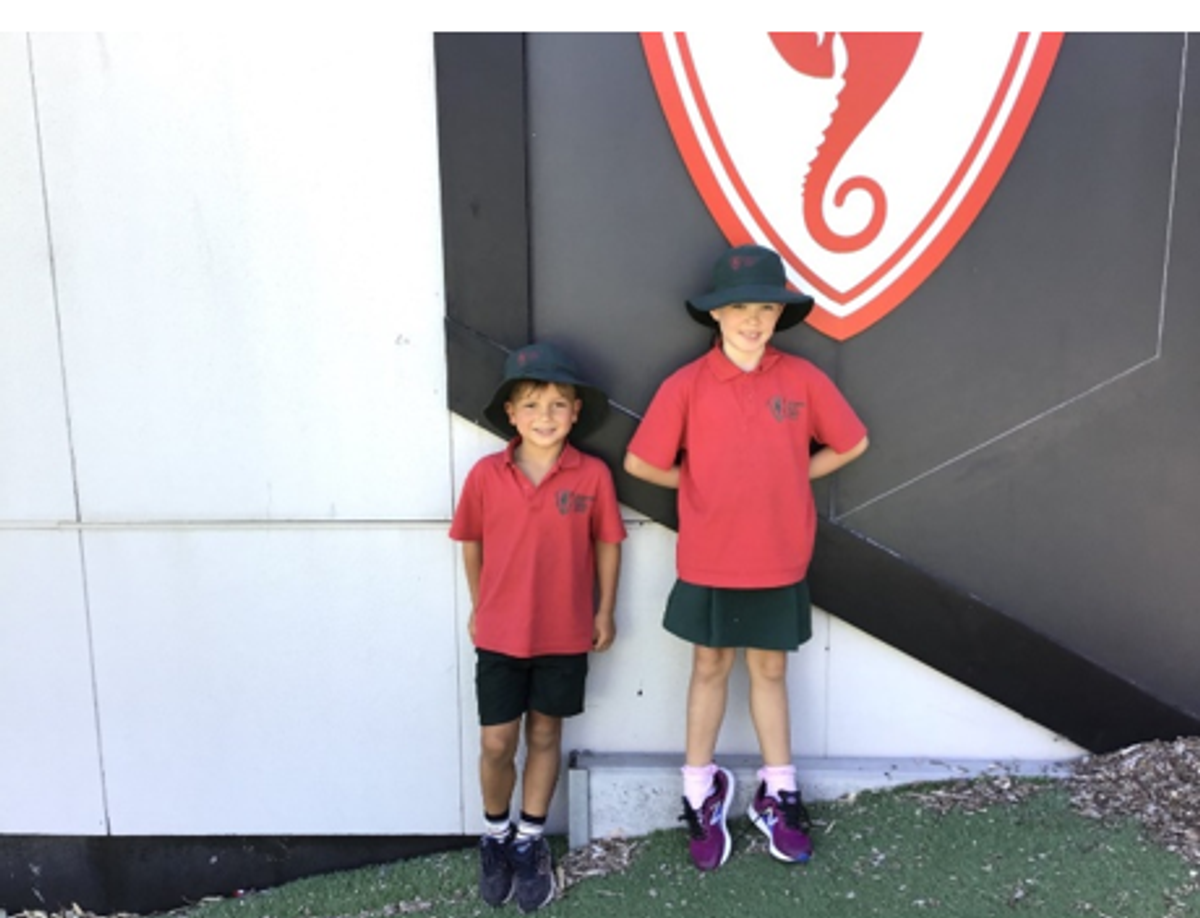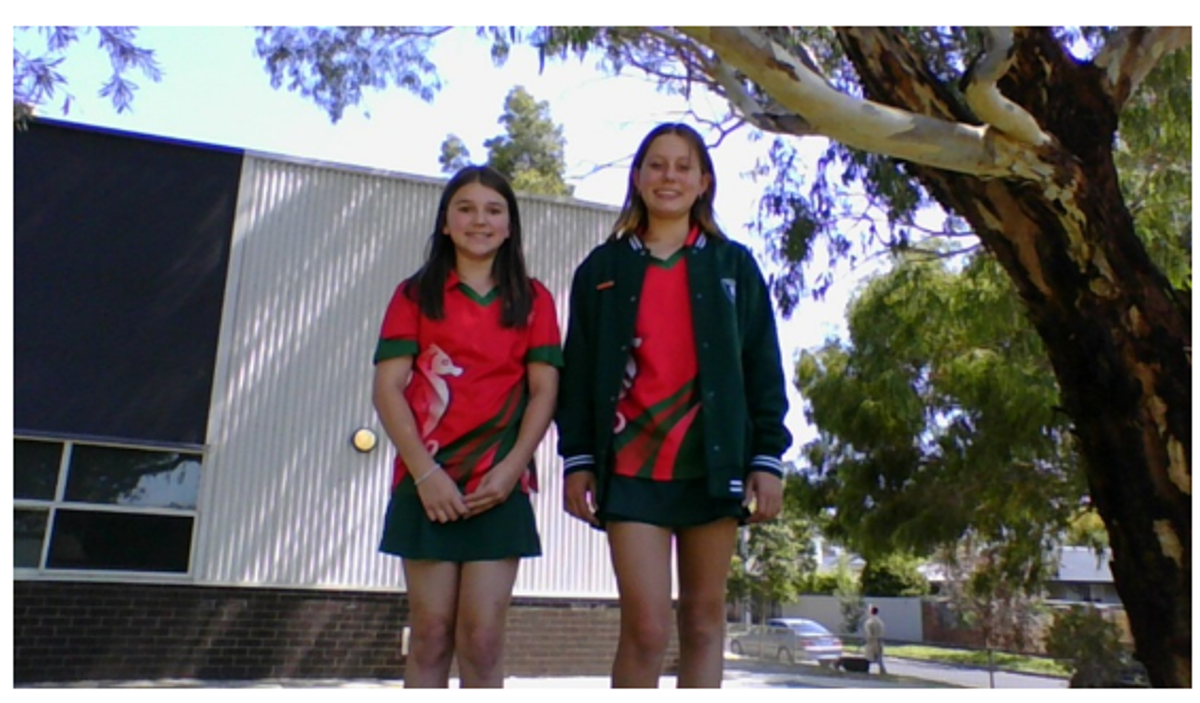PYP

Transdisciplinary Themes in the PYP
The PYP curriculum is structured around six Transdisciplinary Themes, which provide the framework for inquiry-based learning. These themes help students explore a wide range of topics that connect different subjects and areas of knowledge. They encourage students to make connections across disciplines and develop a deeper understanding of the world around them.
The six Transdisciplinary Themes are:
Who we are
Where we are in place and time
How we express ourselves
How the world works
How we organise ourselves
Sharing the planet
What is a Central Idea?
A Central Idea is the core concept that drives the inquiry within a unit in the Primary Years Programme (PYP). It serves as the foundation for students’ learning and exploration within a Transdisciplinary Theme. The Central Idea is introduced at the start of each unit to set the focus for the inquiry journey ahead.
During the introduction, students often engage in a brainstorming session to explore new vocabulary and concepts related to the Central Idea.
A key teaching strategy is unpacking the Central Idea. This involves breaking down the statement to ensure that students have a shared understanding. This process may be done as a whole class or in smaller groups, allowing students to discuss, question, and develop a deeper meaning of the Central Idea together.
Throughout the unit, the Central Idea is revisited and reflected upon, providing students with an opportunity to refine and consolidate their learning as they make connections to their ongoing inquiry.
What are Lines of Inquiry?
Lines of Inquiry are statements that further define and guide the exploration of the Central Idea. They help clarify the key aspects of the inquiry, offering a more focused direction for students’ learning. These lines serve as stepping stones that deepen students' understanding of the topic and allow them to explore various angles of the Central Idea.
By providing specific areas of investigation, Lines of Inquiry give structure to the inquiry process and help students explore the Central Idea in more meaningful ways. They also encourage critical thinking, reflection, and the development of inquiry skills.
A Big Thank You to Our PYP Student Leaders
Thank you to our Year 6 PYP student leaders, Aiden and Jack, who interviewed some of our Beaumaris North students about what they are inquiring about in classrooms around the school
PYP Newsletter Interviews
(Central Idea) Avie and Harry 5B
Avie 5B
Q1. What do you know about your central idea?
“Stereotypes and prejudice can affect to big changes in your mental state and disbelief in yourself”.
Harry R 5B
Q2. What is your central idea?
“Different Perspectives influence the way people treat each other”.
PYP Newsletter
Unit of Inquiry (Julian and Sierra 2B)
Julian 2B
Q1. What have you been learning about in your unit of inquiry?
“Expressing different emotions and how to control them”.
Sierra 2B
Q2. What do you like about your unit of inquiry?
“Getting to draw the emotions and getting to watch videos on how to draw them”.
Julian 2B
Q3. How does communication affect other people’s feelings?
“When I say something mean it makes them sad but when I say something nice it makes them happy”
Sierra 2B
Q4. How do you control your emotions?
“By taking big deep breaths and slowing my mind down”
PYP Newsletter Interview
Transdisciplinary theme
(Siabella and Asha 6B)
Siabella 6B
Q1. What is your transdisciplinary theme, and what does it mean?
“How we express ourselves is our transdisciplinary theme and it shows how we and others have and can express ourselves”
Asha 6B
Q1. What do you know about your transdisciplinary theme?
“I know that we will have to write a speech based on a chosen topic and present it and we have also been learning about great leaders’ overtime”






